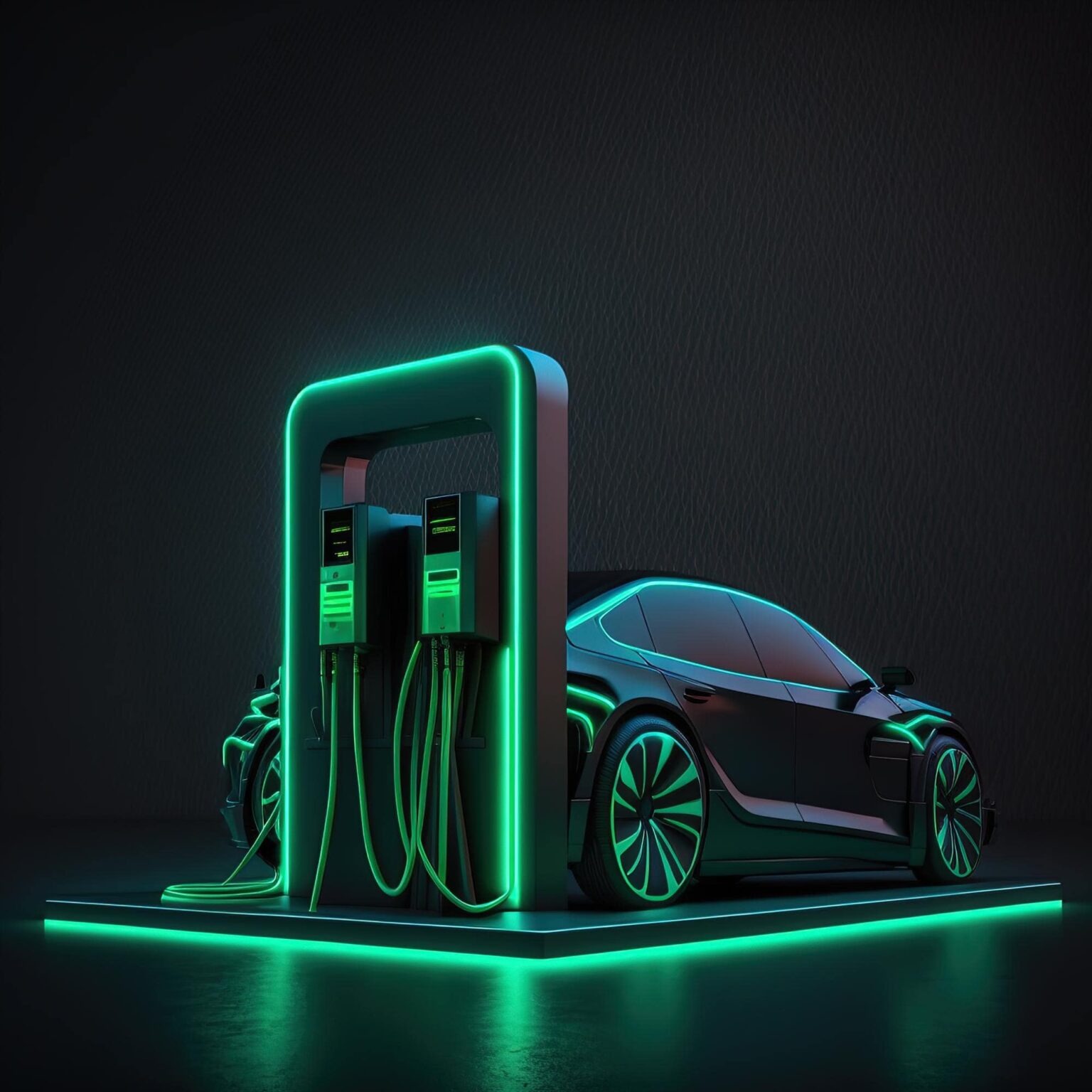Electric Vehicles (EVs) play a vital role in the future of sustainable transportation. As the world seeks to reduce greenhouse gas emissions and mitigate the impacts of climate change, EVs offer several benefits and contribute to a cleaner and more sustainable transportation sector. Here are some key aspects of EVs and their impact on the future of transportation:
- Environmental Benefits: EVs produce zero tailpipe emissions, reducing air pollution and greenhouse gas emissions compared to traditional internal combustion engine vehicles (ICEVs). By transitioning to EVs, countries can significantly decrease their carbon footprint and improve air quality, leading to better public health outcomes and mitigating climate change.
- Renewable Energy Integration: EVs can be charged using electricity generated from renewable energy sources like solar, wind, or hydro. By coupling EVs with renewable energy, the transportation sector can become more sustainable and contribute to a cleaner energy ecosystem. This integration helps reduce reliance on fossil fuels and supports the transition to a low-carbon energy system.
- Energy Efficiency: EVs are generally more energy-efficient than ICEVs. Electric motors are more efficient than internal combustion engines, converting a higher percentage of energy into propulsion. This efficiency translates into better mileage or range for EVs, reducing overall energy consumption and the need for frequent refueling or recharging.
- Decreasing Battery Costs: The cost of electric vehicle batteries has been declining steadily over the years, making EVs more affordable and accessible to a broader range of consumers. As battery costs continue to decrease, the price parity between EVs and ICEVs is expected to be achieved, further accelerating the adoption of EVs.
- Charging Infrastructure Expansion: The development of a robust charging infrastructure is crucial for the widespread adoption of EVs. Governments, private companies, and utilities are investing in expanding charging networks, including public charging stations, workplace charging, and home charging solutions. The growth of fast-charging stations also reduces charging time and increases convenience for EV owners.
- Technological Advancements: Continuous technological advancements are enhancing the performance, range, and charging speed of EVs. Improvements in battery technology, such as higher energy densities and faster charging capabilities, contribute to increased adoption and improved user experience. Additionally, advancements in autonomous driving technologies may further optimize the efficiency and safety of EVs.
- Policy Support and Incentives: Governments worldwide are implementing policies and incentives to encourage the adoption of EVs. These include financial incentives such as tax credits, rebates, and subsidies, as well as regulatory measures like emissions standards and zero-emission vehicle mandates. Such policies help create a favorable market environment for EVs and accelerate their deployment.
- Integration with Smart Grids: EVs can be integrated with smart grid systems to optimize energy management. They can serve as distributed energy resources, enabling vehicle-to-grid (V2G) interactions. V2G technology allows EVs to not only consume energy but also feed excess energy back to the grid, supporting grid stability, peak demand management, and enabling the utilization of renewable energy.
- Economic Opportunities: The transition to EVs presents economic opportunities in various sectors. It stimulates innovation and growth in battery manufacturing, charging infrastructure development, renewable energy generation, and related technologies. The electrification of transportation also reduces dependence on imported fossil fuels, enhancing energy security and promoting local job creation.
While EVs offer significant benefits, there are challenges to address, such as the availability of raw materials for battery production, charging infrastructure scalability, and ensuring sustainable end-of-life battery management. However, ongoing research and collaborative efforts among stakeholders are driving progress in addressing these challenges.
In summary, EVs are a key component of the future of sustainable transportation. Their environmental benefits, renewable energy integration, energy efficiency, and technological advancements contribute to reducing greenhouse gas emissions, improving air quality, and creating a more



